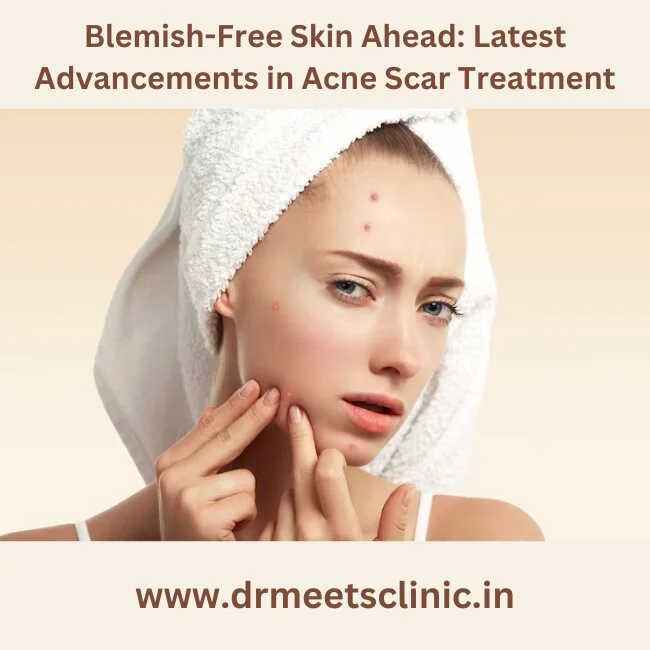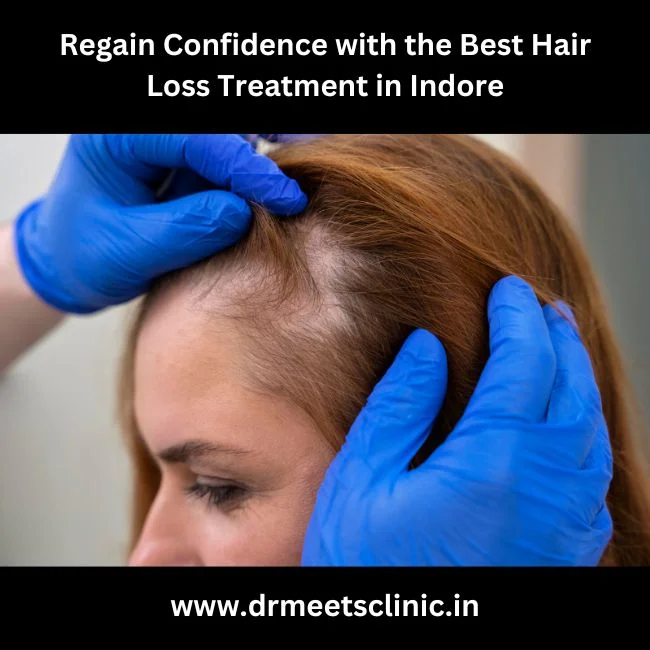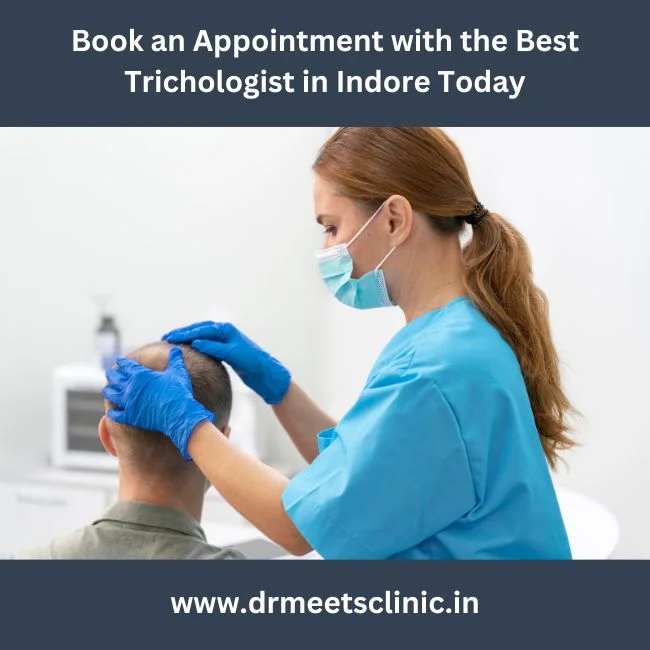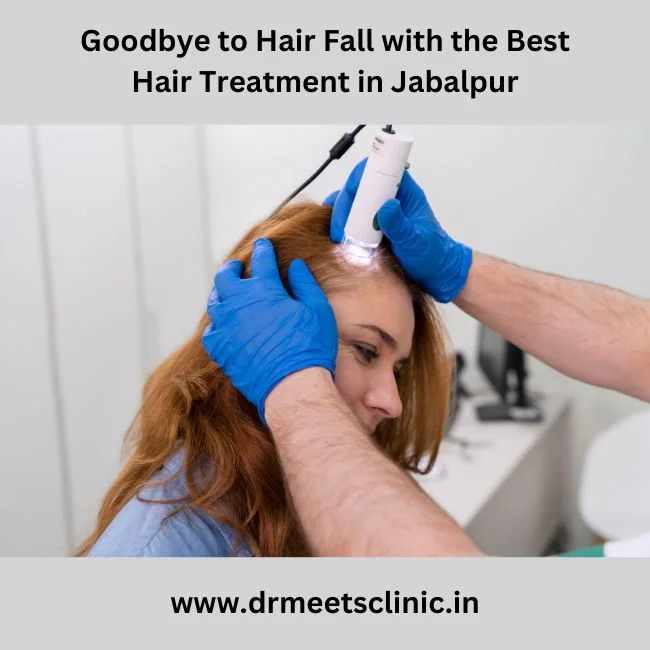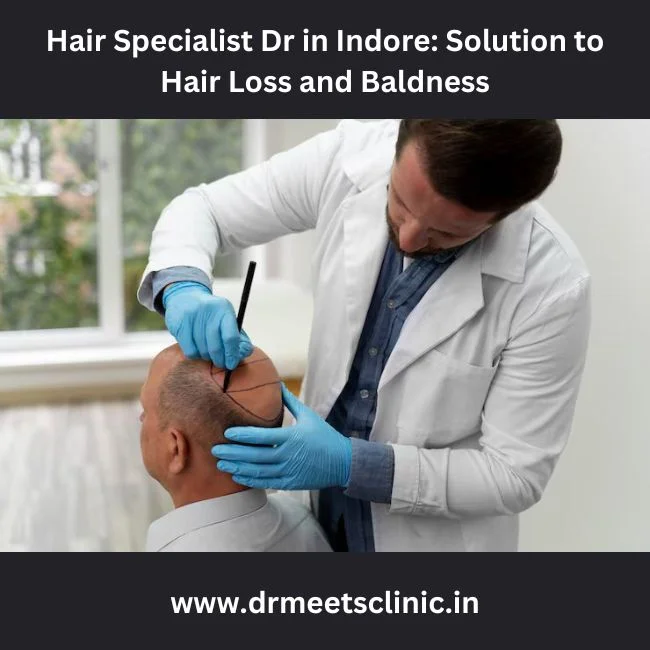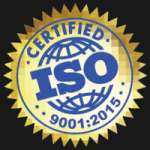Acne scar treatment can be a persistent reminder of past breakouts, affecting both our physical appearance and self-confidence. However, with the continuous advancements in dermatology and skincare, there is good news on the horizon. The field of acne scar treatment has witnessed remarkable progress, offering hope to individuals seeking blemish-free skin. In this blog, we will explore the latest advancements in acne scar treatment, shedding light on innovative techniques and technologies that are revolutionizing the way we address this common skin concern.
Laser Resurfacing:
Laser resurfacing has emerged as a game-changer in the treatment of acne scars. Using targeted laser beams, this procedure stimulates collagen production and effectively reduces the appearance of scars. Fractional laser resurfacing, in particular, has gained popularity for its ability to precisely treat damaged skin while minimizing downtime and side effects.
Microneedling:
Microneedling, or collagen induction therapy, has become increasingly popular for its ability to improve the texture and appearance of acne scars. This procedure involves creating controlled micro-injuries to the skin, promoting collagen synthesis and triggering the skin’s natural healing process. Combined with the use of serums or platelet-rich plasma (PRP), microneedling can produce remarkable results in scar reduction.
Chemical Peels:
Chemical peels have long been used to address various skin concerns, including acne scars. By applying a chemical solution to the skin, this treatment exfoliates the outer layers, revealing fresher and smoother skin beneath. The latest advancements in chemical peels have led to the development of stronger and more targeted formulations, providing effective results in scar treatment.
Dermal Fillers:
Dermal fillers, traditionally used for wrinkle reduction, have found a place in the realm of acne scar treatment. These injectable substances, such as hyaluronic acid, help plump up depressed scars, effectively filling in the indentations and creating a smoother skin surface. This non-surgical approach offers immediate results and minimal downtime.
Platelet-Rich Plasma (PRP) Therapy:
Platelet-rich plasma (PRP) therapy involves extracting a patient’s blood, processing it to isolate the platelet-rich plasma, and then injecting it into the affected areas. PRP contains growth factors that stimulate tissue regeneration, promoting the healing of acne scars. This natural and minimally invasive procedure has shown promising results in improving skin texture and reducing the appearance of scars.
Radiofrequency Microneedling:
Combining the benefits of microneedling and radiofrequency energy, radiofrequency microneedling delivers heat to the deeper layers of the skin, stimulating collagen production and remodeling. This advanced technique offers enhanced scar improvement, with the added advantage of tightening and rejuvenating the overall skin quality.
Cryotherapy:
Cryotherapy involves freezing the scar tissue using liquid nitrogen or another freezing agent. This technique aims to break down the scar tissue and promote new cell growth, resulting in smoother skin. Cryotherapy is particularly effective for raised or hypertrophic scars and is known for its simplicity and minimal discomfort.
Topical Treatments:
In addition to in-office procedures, topical treatments have also seen advancements in acne scar management. Various creams, gels, and serums containing ingredients like retinoids, vitamin C, peptides, and growth factors can help promote collagen synthesis, fade discoloration, and improve the texture of acne scars. These products can be used as part of a comprehensive skincare routine to complement professional treatments.
Conclusion:
The latest advancements in acne scar treatment offer hope to those who have struggled with the aftermath of acne breakouts. With a range of innovative techniques and technologies available, individuals can now find effective solutions to achieve blemish-free skin. Whether it’s laser resurfacing, microneedling, chemical peels, dermal fillers, or other cutting-edge approaches, consulting with a dermatologist or skincare professional can help determine the best treatment plan for each individual. Remember, with these advancements, the path to smoother, more confident skin lies just ahead.







